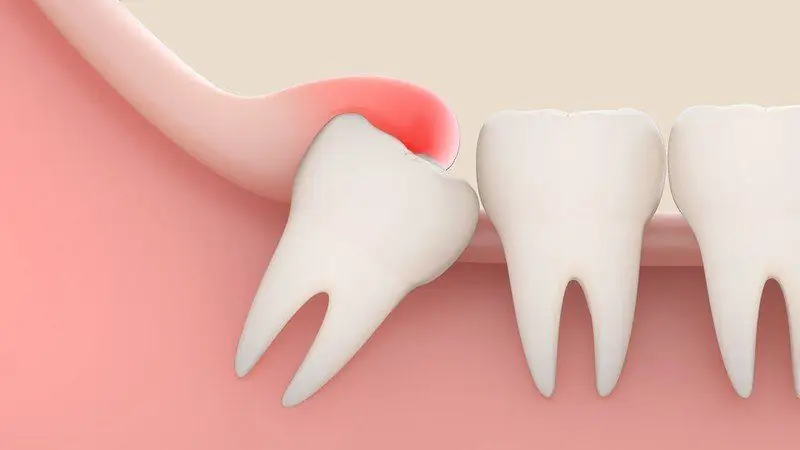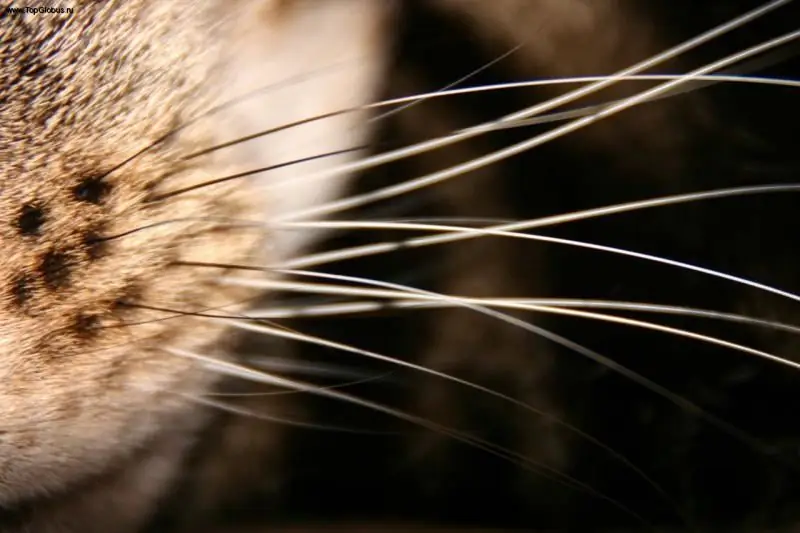
Table of contents:
- Author Bailey Albertson albertson@usefultipsdiy.com.
- Public 2023-12-17 12:53.
- Last modified 2025-01-23 12:41.
Why are wisdom teeth needed and should they be removed

"Eights", perhaps, give people more trouble than the rest of the jaw put together. What are they needed for? Isn't it easier to delete them right away? Let's sort it all out in order.
Why do you need wisdom teeth
Wisdom teeth are rudimentary organs. This means that in the course of evolution they have lost their functional purpose, but have not disappeared from our body anywhere. The ancestors of humans most likely used "eights" to chew on very tough food. Over time, the need for this has disappeared, and now not everyone has wisdom teeth. This is called primary edentulousness of the third molar.
Now wisdom teeth can come in handy if:
- the jaw is too large, and the teeth can "creep" over time, forming ugly cracks. In this case, "eights" are able to keep the dentition in its original state;
- adjacent teeth have been lost or removed. Then the "eights" can take over the chewing functions;
- bridge prosthetics is planned. Wisdom teeth can be a support and allow this procedure to be carried out at the edge of the jaw.
Do I need to remove wisdom teeth
Frequent removal of these teeth is due to the fact that they rarely grow back without any anomalies and complications. The most common problems are:
- the tooth grows at an angle and injures the mucous membrane;
- there is not enough space in the jaw, therefore, when cutting a wisdom tooth, the bite is curved;
- the tooth is cut at an angle to the "seven". So a small crack is formed between them, which is almost impossible to clean from food debris. This provokes the development of caries.

Most people develop a wisdom tooth at an angle.
The only time when I had caries was after cutting through the upper right "eight", which blocked access to a neighbor. The dentist immediately advised to remove the wisdom tooth. And so they did - since then I have not had any caries.
A wisdom tooth is also removed if:
- installation of braces is planned;
- the "eight" itself is prone to caries - it is extremely difficult to cure it in such a hard-to-reach place;
- pericoronitis develops. This is a fairly common complication that manifests itself in the swelling of the gums around the tooth.
And if there are no complications
If the wisdom tooth grew at the right angle, did not move adjacent teeth, did not cover itself with an inflamed gum and did not even provoke the appearance of caries on the "seven", then … congratulations! You became one of the lucky few to whom he did not bring any problems. Doctors recommend not pulling out a healthy tooth. But do not lose your vigilance and do not forget to regularly visit the dentist and check the status of the "eight". Some problems can only appear over time.
A wisdom tooth can bring a lot of pain and suffering. The decision to remove it should be made based on the health of the G8 and adjacent teeth.
Recommended:
Interesting Facts About Cats And Cats: What Taste They Don't Feel, Do They Sweat, Do They Understand Human Speech And Answers To Other Questions

How cats differ from humans. How cats feel, hear, see, remember. Their relationship to the game. What does purr and tail wagging mean. Reviews
Whiskers In Cats And Cats: What Are They Called Correctly And Why They Are Needed, What Will Happen If You Cut Them And Why They Fall Out Or Become Brittle

Features of the structure of the mustache in cats. What are they called and where they are located. What functions do they perform. What problems can a cat with a mustache have? Reviews
Why Cucumbers Have Pimples And Why Are They Needed

Why. Cucumbers are smooth and pimpled. Why does a cucumber need pimples. Which cucumbers are best for pickling, and which ones for salad
Why Do The Leaves Of Tomatoes Turn Yellow, Including The Lower Ones, What To Do

Why tomato leaves turn yellow, in particular, the lower ones. Is it always necessary to sound the alarm. What can be done to help tomatoes
Black Star Girls And Wives: Who They Are And Why They Are So Similar

Girls and wives of the guys from Black Star. Who are they, how did they meet their beloved, what they do. Why are Black Star's wives and girlfriends so similar
